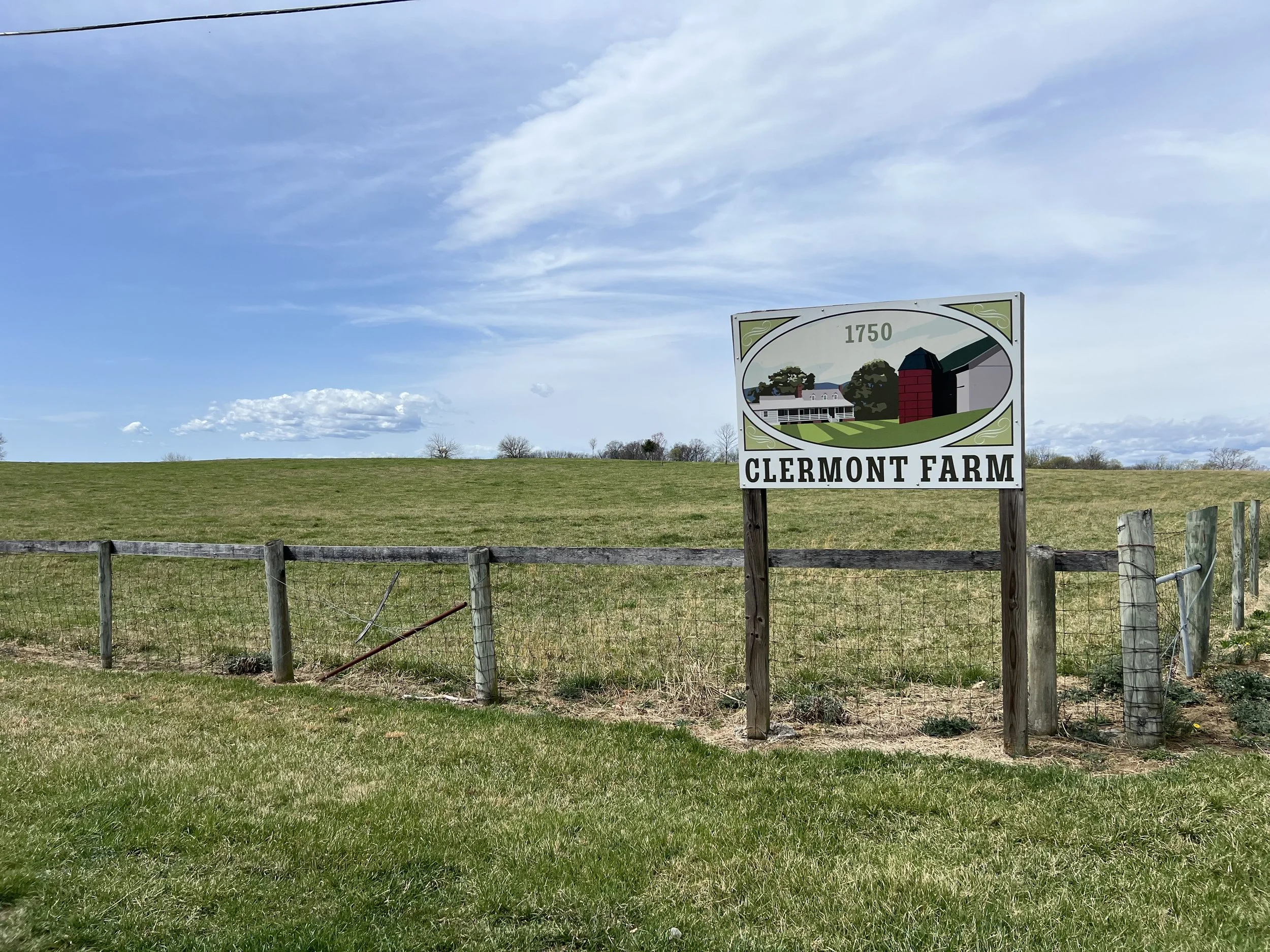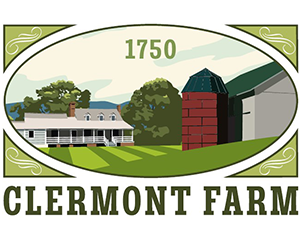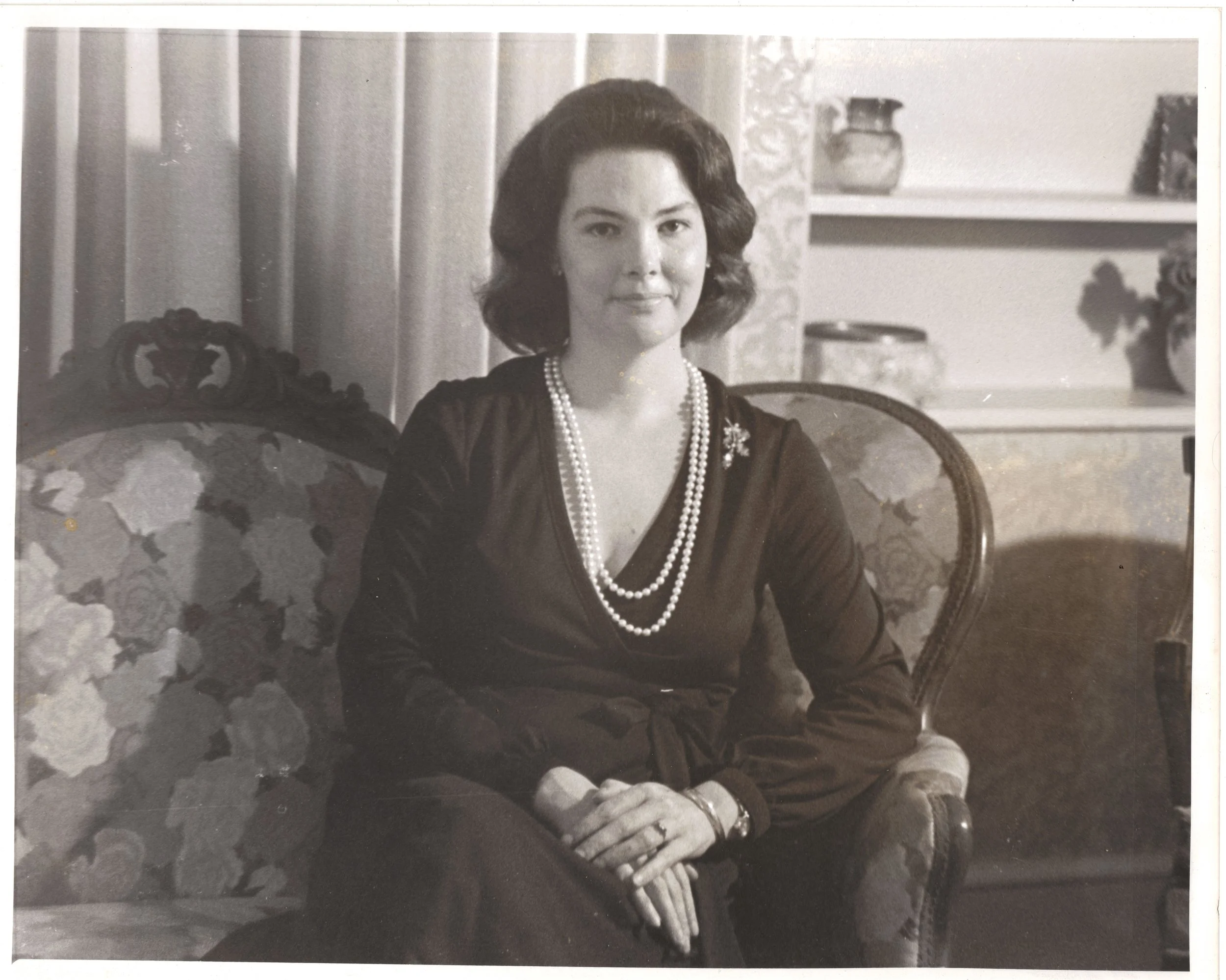
A Legacy Rooted in the Land: The History of Clermont Farm
Clermont Farm is a vital piece of Virginia’s Shenandoah Valley history, with roots tracing back to the colonial frontier. Established in in 1742 by John Vance, the property and its people have participated in more than two and a half centuries of agricultural, social, and architectural transformation. Home to just four families over its long history, Clermont offers a rare continuity that reflects the broader story of Clarke County. The Valley, and the nation, from early settlement and the country’s founding to its emergence on the world stage, and from plantation life to emancipation and modern conservation. Clermont provides a local lens on all that history. Today, as a state-owned historic site managed by The Clermont Foundation, the farm serves as a center for education and preservation, honoring its past while engaging with the future.
Elizabeth Rust Williams' Enduring Gift to the Commonwealth of Virginia
Elizabeth Rust Williams, a farmer, preservationist, lawyer, and judge, preserved her family’s 360-acre Clermont Farm so future generations could connect with Virginia’s land and history. Upon her death in 2004, she donated the property to the Virginia Department of Historic Resources and established The Clermont Foundation to support and manage the site without state funding. Her legacy also honors the lives of the nearly 200 enslaved people who built Clermont and whose descendants helped form Josephine City, Berryville, now the home to the region’s only African American museum.

